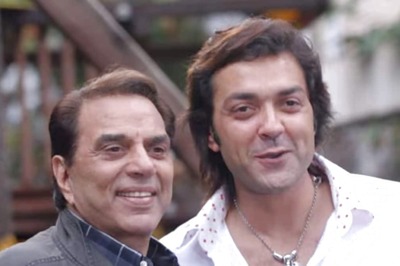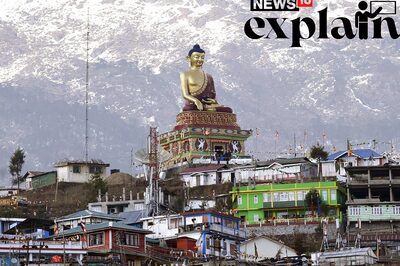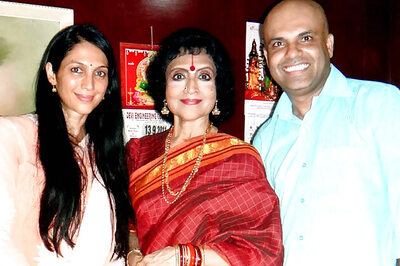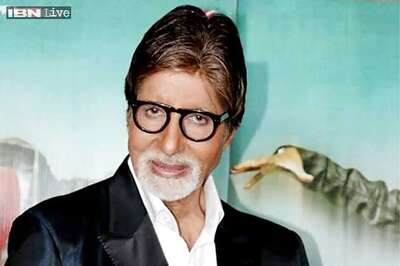
views
Kathmandu: Nepal's multi-party government and Maoist rebels said they were hoping to sign a comprehensive peace accord on Tuesday, including a declaration of a permanent ceasefire in a decade-old civil war which has killed thousands.
Although negotiators were still hammering out the fine print, they said they expected Prime Minister Girija Prasad Koirala and Maoist rebel leader Prachanda to ink the landmark deal later.
The deal will clear the way for the insurgents to join an interim government that will oversee special elections for an assembly charged with preparing a new constitution.
The assembly vote would in turn satisfy the rebels' key demand to end a revolt in which more than 13,000 people have died. They have vowed to honour the outcome which they believe will see the monarchy abolished.
''We have almost completed our work on the peace accord and we hope it will be signed later on Tuesday,'' said senior Maoist leader Dinanath Sharma, a rebel negotiator told Reuters.
Government negotiator Krishna Prasad Sitaula agreed. ''Some minor problems remain which will be sorted out before the accord is signed,'' he said without elaborating.
Sharma, the rebel negotiator, said the peace deal would include a declaration of a permanent ceasefire in the revolt-wrecked nation and as well as a human rights accord.
The rebels and government have observed a ceasefire for more than six months, but human rights groups say extortion and conscription by the rebels have continued or even accelerated.
Early this month, the ruling seven-party alliance and Maoists struck a deal under which the guerrillas agreed to restrict their fighters to 28 camps and store their weapons in UN supervised containers.
In return, the state army will remain in barracks and an equal number of its arms will be locked up in the run up to the assembly election planned for 2007.
Both sides were also due to finalise a temporary constitution today that will see the Maoists take seats with elected politicians in an interim parliament.
Last week, rebel chief Prachanda, said he believed peace was coming to the restive Himalayan nation of 26 million people but could not rule out a return to armed struggle until his 35,000 fighters were merged with the state army.
''We have a political agreement to change the socio-economic conditions in a peaceful way -- a peaceful transformation is possible now and armed conflict is going to be over,'' Prachanda told Reuters.




















Comments
0 comment